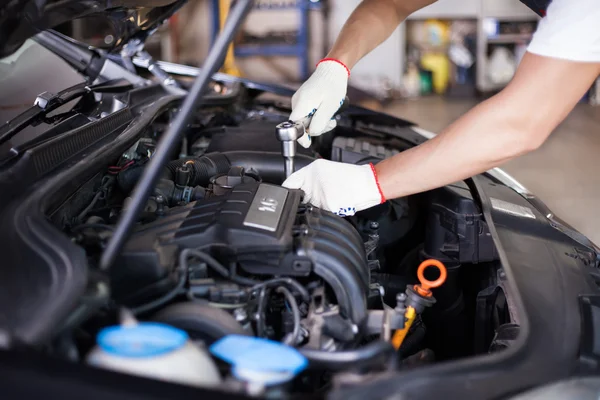
In the aftermath of a vehicle collision, choosing the right repair shop is crucial not only for the safety and aesthetics of your car but also for its long-term value and functionality. One key factor to consider when selecting a collision repair center is the certifications held by the shop and its technicians. These certifications are not just plaques on the wall or entries on a website; they are a testament to the quality, expertise, and reliability of the services provided. This article delves into the world of collision repair certifications, explaining what they are, why they matter, and what they mean for you as a vehicle owner.
Understanding Collision Repair Certifications
Collision repair certifications are awarded by industry-recognized organizations to auto body shops and technicians who have completed specialized training programs and passed rigorous assessments. These certifications cover various aspects of collision repair, from initial damage assessment and bodywork to painting and final detailing. They ensure that the technicians working on your vehicle have the latest knowledge and skills to perform repairs to the highest industry standards.
Key Collision Repair Certifications
- I-CAR (Inter-Industry Conference on Auto Collision Repair): I-CAR is a not-for-profit organization that provides training and certification programs for the collision repair industry. Achieving an I-CAR Gold Class certification indicates that a repair shop has technicians trained in every role involved in collision repair. It’s widely recognized as a high standard of excellence in the industry.
- ASE (Automotive Service Excellence): ASE certification is awarded by the National Institute for Automotive Service Excellence to individual technicians who pass specialty exams covering various aspects of automotive repair and service, including collision repair. An ASE certification is a sign of a technician’s competence and professionalism.
- OEM Certifications: Many vehicle manufacturers offer their own certification programs for repair shops and technicians. These OEM (Original Equipment Manufacturer) certifications ensure that the repair shop uses genuine parts and follows the manufacturer’s recommended repair procedures. Examples include certifications from Ford, GM, Toyota, and Tesla.
Why Collision Repair Certifications Matter
Quality and Safety: Certified technicians are trained to adhere to the latest industry standards and best practices, ensuring that repairs are done correctly. This not only affects the appearance of your vehicle but also its structural integrity and safety features, which are critical in protecting you and your passengers in the event of another collision.
Peace of Mind: Choosing a certified collision repair shop gives you peace of mind knowing that your vehicle is in capable hands. Certified technicians are more likely to diagnose and repair complex issues accurately, reducing the likelihood of recurring problems.
Insurance Approval: Many insurance companies prefer or require that repairs be done by certified technicians or shops. Using a certified repair center can streamline the insurance claim process and ensure that the repairs are covered under your policy.
Resale Value: High-quality repairs by certified professionals can help maintain or even increase your vehicle’s resale value. Future buyers will be reassured by the use of genuine parts and adherence to manufacturer repair guidelines.
What This Means for You
As a vehicle owner, understanding the importance of collision repair certifications can significantly impact your decision when choosing a repair shop. Here are a few tips on how to leverage this knowledge:
- Research and Verify: Before selecting a repair shop, research their certifications. Don’t hesitate to ask for details about the certifications held by the shop and its technicians. Reputable shops will be proud to share this information.
- Check for Manufacturer Certifications: If you drive a newer model or a vehicle from a brand that offers its own certification program, look for a shop that holds the specific OEM certification. This ensures that your vehicle will be repaired according to the manufacturer’s standards.
- Consider the Long-Term Benefits: While certified repairs might sometimes come with a higher upfront cost, they are an investment in your vehicle’s longevity, safety, and value. Weigh the long-term benefits against the initial cost when making your decision.
Collision repair certifications are a critical factor to consider when choosing a repair shop after a vehicle accident. They are a mark of quality, indicating that a shop or technician has met stringent training and competency standards. By opting for a certified repair center, you ensure that your vehicle receives the highest level of care, using the correct parts and procedures. This not only safeguards your safety and that of your passengers but also protects your investment in your vehicle. Remember, in the world of collision repair, certifications are not just symbols of achievement; they are your assurance of quality and professionalism.

